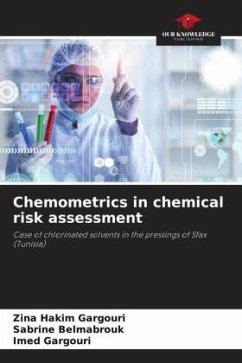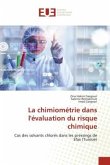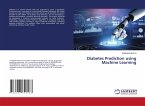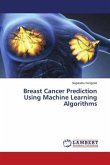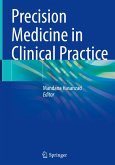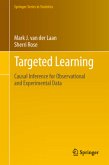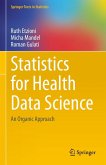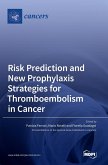Working in dry cleaners exposes you to the chemical risk (CR) associated with chlorinated solvents. The consequences are serious for occupational, public and environmental health. Prevention is essential and requires a risk assessment.This work is an application of modelling and unsupervised learning methods to predict CR in laundry workers.A database relating to the characteristics of 47 pressings of the city of Sfax was analyzed, containing the values of the atmospheric concentrations and biometrology of the solvents used: perchloroethylene PCE and trichloroethylene TCE. Two predictive models of urinary metabolites of PCE (ATA) and TCE (TCOH) were created. These predictive models contain as predictive variables: the sex of the worker, the wearing of protective clothing and the atmospheric concentration of solvent. The models have a good predictive quality.It is necessary to implement adequate preventive measures, including SO substitution, to reduce the risk to workers.
Bitte wählen Sie Ihr Anliegen aus.
Rechnungen
Retourenschein anfordern
Bestellstatus
Storno

